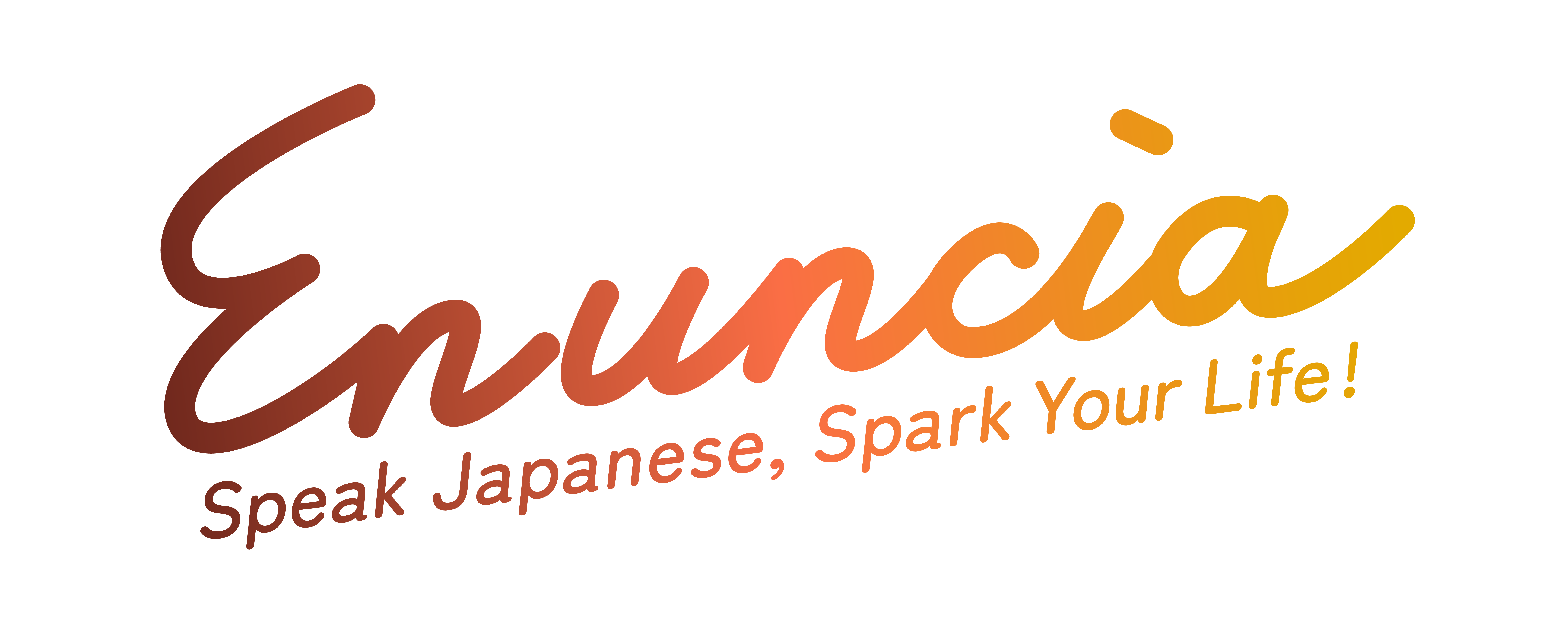JLPT N2 Grammar – “~ばかりだ” and “~一方だ”

目次
1. Difference between “〜ばかりだ” and “〜一方だ“
2. 〜ばかりだ
3. 〜一方だ
4. Let’s Compare
5. Summary
6. Quiz
7. Similar Article
8. Comment
Q: What’s the difference between ”〜ばかりだ” and ”〜一方だ”?
A: Both expressions convey a sense of change or trend in a particular direction in the situation. However, there are slight differences.
〜ばかりだ (JLPT N2)
It expresses a continual change or behavior toward a negative direction.
This expression is often used to indicate undesirable changes such as worsening or increasing problems, and it carries a negative connotation.
Also, it is commonly used in spoken language.
[Rule]
[V] Verb dictionary form +ばかりだ
* The verb is a verb of change(増える・減る/上がる・下がる/〜ていく/〜くなる/〜になる etc.)
[Examples]
[V] ガソリンの値段は上がるばかりです。
The price of gasoline only keeps going up.
⇒ It represents a negative change where ‘the price of gasoline keeps increasing.’
[V] 薬を飲んでいるのに、症状はひどくなるばかりです。
Despite taking the medicine, my symptoms are only getting worse.
⇒ It represents a negative change where ‘the symptoms are progressively getting worse’.
〜一方だ (JLPT N2)
This expresses a continual change or behavior in a specific direction.
Often used to emphasize trends of increase, improvement, deterioration, etc., it can be used with both positive and negative connotations.
Also, it is commonly used in written language.
[Rules]
[V] Verb dictionary form+一方だ
[N] Noun+の+ 一方だ
* The verb is a verb of change(増える・減る/上がる・下がる/〜ていく/〜くなる/〜になる etc.)
[Examples]
[V] 日本の人口は減る一方です。
Japan’s population is continuously decreasing.
⇒ It represents an unfavorable change where ‘the population is decreasing’.
[N] このホテルの利用者は増加の一方です。
The number of users of this hotel is only increasing.
⇒ It represents a positive change where ‘the number of people staying at the hotel is increasing’.
Let’s Compare
[Example 1]
◯ 経済は悪化するばかりです。
The economy is only going to get worse.
◯ 経済は悪化する一方です。
The economy is only going to get worse.
⇒ Both express changes, so both are correct.
[Example 2]
× 売り上げは上がるばかりです。
Sales are only going up.
◯ 売り上げは上がる一方です。
Sales are only going up.
⇒ ”Sales increasing” indicates a positive change, so “〜ばかりだ” cannot be used.
Be Careful!
Both expressions indicate a change, so it is not permissible to attach words indicating a state to words indicating a change.
× 多いばかりです
× 多い一方です
*The term “多い” indicates a state, so this is incorrect.
◯ 多くなるばかりです
◯ 多くなる一方です
*The term “多くなる” indicates a change, so this is correct.
Summary
〜ばかりだ
- Indicates a change in the situation towards a negative direction.
- Often used in spoken language.
〜一方だ
- Indicates a change in the situation towards one direction (can be either positive or negative).
- Often used in written language.
Quiz
Are these sentences correct? Please answer with ◯ or ×!
Click on the question to check the answer.
A. ×
日本に来る旅行者の数は増えるばかりです。
The number of travelers coming to Japan continues to increase.
*”ばかり” cannot only be used for good things. (If the speaker does not think favorably of tourists coming to Japan, the above expression is also possible.)
A. ○
会社の業績がいいので、給料は上がる一方です。
With the company’s performance doing well, salaries are only going up..
A. ○
最近忙しくて、仕事がたまる一方です。
Recently, I’m been getting busier, and work just keeps piling up.
A. ○
増税で生活は苦しくなるばかりです。
Due to the consumption tax hike, life is becoming more difficult.
A. ×
薬を変えてから、体調は良くなるばかりです。
Ever since changing my medication, my physical condition has only improved.
*”ばかり” cannot be used only for good things, so this sentence is incorrect.





